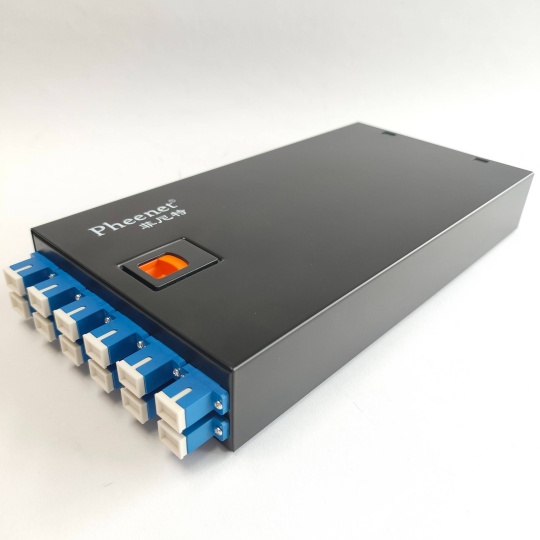What are the advantages of using shielded industrial cable
In the complex and demanding industrial environment, the reliability of electrical and data transmission systems directly affects the stable operation of the entire production line. Shielded industrial cables, as a key component in these systems, have gradually become the first choice for many enterprises due to their unique structural design and excellent performance. Unlike unshielded cables, they are equipped with one or more layers of shielding materials (such as metal foil, braided mesh, or metal tape), which endow them with a series of irreplaceable advantages.
1. Effective Protection Against Electromagnetic Interference (EMI)
One of the most prominent advantages of shielded industrial cables is their strong ability to resist electromagnetic interference. Industrial sites are filled with various electrical equipment, motors, frequency converters, and other devices that generate large amounts of electromagnetic radiation during operation. These electromagnetic waves can easily penetrate unshielded cables, distort the transmitted signals, and even cause malfunctions of connected equipment. The shielding layer of shielded cables acts as a barrier, reflecting or absorbing external electromagnetic waves, thereby preventing them from interfering with the internal signal transmission. For example, in automated production lines that rely on precise sensor data, shielded cables ensure that the temperature, pressure, and position signals sent by sensors are accurate and timely, avoiding production errors caused by signal interference.
2. Enhanced Mechanical Protection
Industrial environments are often accompanied by mechanical impacts, abrasions, and tensile forces. Shielded industrial cables have a more robust structure—the shielding layer not only provides electromagnetic protection but also serves as an additional mechanical protection layer. It can effectively resist the wear caused by friction between cables and equipment or the ground, reduce the damage to the cable core from external impacts, and prevent the cable from being broken due to excessive tension during installation and use. This mechanical durability significantly extends the service life of the cables, reducing the frequency of cable replacement and the corresponding maintenance costs for enterprises.
3. Improved Environmental Tolerance
Shielded industrial cables also exhibit excellent environmental adaptability. They can withstand harsh conditions such as extreme temperatures, humidity, oil stains, and chemical corrosion. The shielding layer, together with the outer sheath material, forms a tight protective barrier that prevents moisture, oil, and chemical substances from infiltrating the cable core, avoiding short circuits or insulation damage. For instance, in petrochemical plants where there are a lot of corrosive gases and liquids, shielded cables can maintain stable performance for a long time; in high-temperature smelting workshops, they can resist high-temperature aging and ensure normal signal transmission.
4. Enhanced Safety Performance
Safety is a top priority in industrial production, and shielded industrial cables contribute significantly to improving the safety of the electrical system. The metal shielding layer can effectively ground the leakage current, reducing the risk of electric shock to operators. In addition, in the event of a cable insulation failure, the shielding layer can limit the spread of faults, preventing the fire from expanding due to electrical short circuits. This safety guarantee is particularly important in high-risk industries such as coal mining, oil and gas, and chemical engineering.
5. Ensured Signal Integrity for Long-Distance Transmission
In large-scale industrial plants, cables often need to transmit signals over long distances. Unshielded cables are prone to signal attenuation and crosstalk (mutual interference between adjacent cables) during long-distance transmission, resulting in signal degradation. Shielded cables can minimize signal attenuation by reducing electromagnetic interference and crosstalk, ensuring that the signals remain intact and clear even after long-distance transmission. This is crucial for industrial control systems that require real-time and long-distance data transmission, such as remote monitoring and control of production equipment.
When it comes to high-quality shielded industrial cables, FRS brand factory stands out in the industry. With years of professional experience in cable research, development, and production, FRS adheres to strict quality control standards. Every shielded industrial cable produced by FRS undergoes rigorous testing to ensure excellent electromagnetic shielding performance, mechanical strength, and environmental tolerance. Whether it is for automated production lines, energy transmission systems, or harsh industrial environments, FRS shielded industrial cables can provide stable and reliable transmission support, helping enterprises improve production efficiency and reduce operational risks. Choose FRS, and choose a trustworthy partner for your industrial cable needs.











